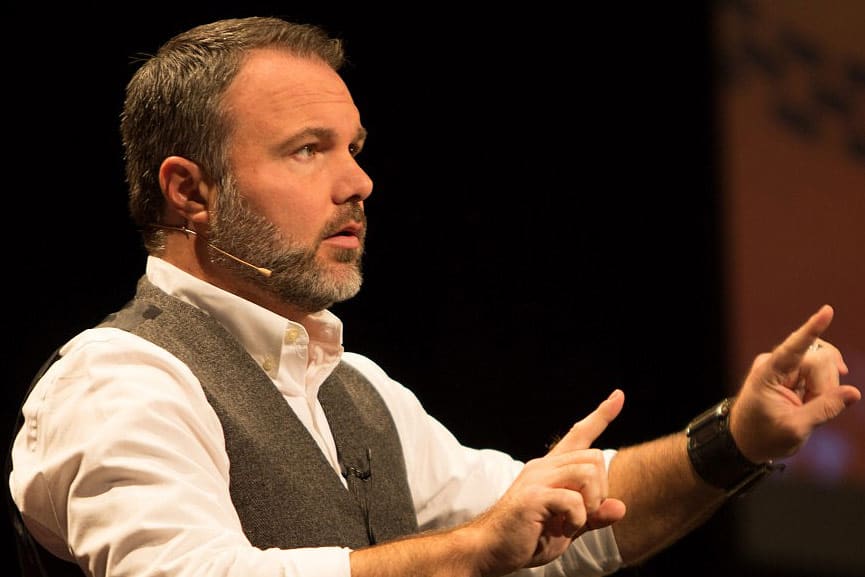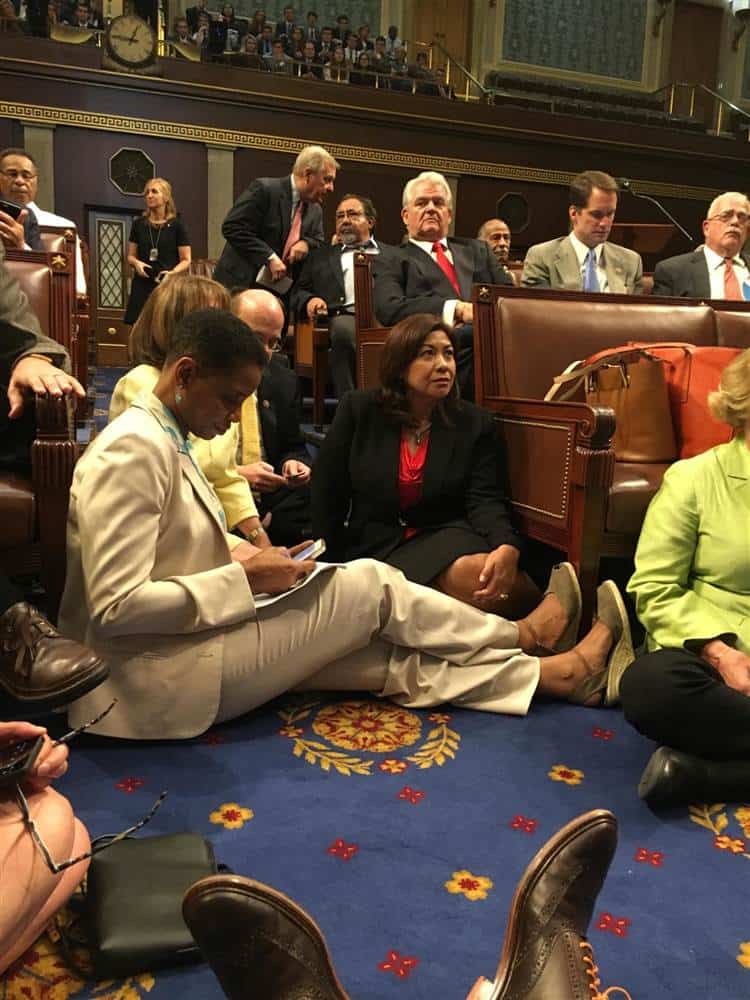
With the emergence of social media and e-books over the last decade, the publishing industry has wrung its hands about the possible demise of reading. Personally, my experience has been that people are reading more than ever, but we are reading differently than previous generations did: reading more online and reading shorter pieces (news articles, blog posts) rather than books.
These shifts, particularly toward reading on electronic devices, indicate that reading is becoming a private habit. I would suspect that the vast majority of reading that I do is for the private, self-oriented purpose of either entertaining myself or educating myself in some way (which would include keeping up with news, blogs, etc.). Although there’s nothing wrong with reading privately, I hope that we will not forget the many virtues of reading in community.
In my new book Reading for the Common Good, I argue that one of the most important reasons for reading with others and discussing what we are reading is that it can give us imagination for how our communities might be transformed. We all belong to communities—whether it be our churches, neighborhoods, families, schools—and many of us have a deep sense of what’s wrong with these communities.
Reading a carefully selected book (or essay or story) together within a community, can provide a space for people to reflect and discuss what’s on their minds. And in talking about the reading how it relates to our community, we will begin to have some imagination for how our community might change and grow into a more healthy form. We will also be energized and prepared to enter into the work that change will require.
Another essential virtue of reading in community is that our collective wisdom runs much broader and much deeper than that of any single person. I love the Indian fable of the Blind Men and the Elephant, in which several blind men describe an elephant in terms of the various parts that they can feel with their hands—leg, tusk, tail—and of course, their descriptions are vastly different.
Reading together gives us the opportunity to share our experiences and our wisdom. In an age where communities are deeply divided by realities such as politics, race, ethnicity and class, we will benefit richly from listening carefully to the wisdom of others—particularly those who come from different backgrounds—to weave this diverse wisdom into any plans for the growth and progress of our community.
Once we have completed our schooling, churches are one of the few communities in which we have a regular practice of reading in community. In fact, such reading is often so familiar that we often forget that we are doing it. Most churches incorporate the reading of scripture into their service in some way. Even singing together, is a way of reading poetry in community. Preaching also is a way of reading and interpreting a text for the community.
Unfortunately, in most churches, there are not opportunities for the congregation to respond and discuss these sorts of readings, but I’ve found that there are a growing number of churches, including my own, that have created spaces for feedback and conversation about our shared reading.
My church’s experience has been that the opportunity to discuss scripture and theology together—although tense and volatile at times—has been immensely freeing and energizing for us, helping people feel like they can contribute and belong to our community.
Many neighborhood libraries and bookstores host book clubs, which are great opportunities to read together with our neighbors. In addition to the traditional fare of novels, reading nonfiction books together can also be helpful for neighborhoods as they navigate tense situations or work to imagine the future of their place. One friend of mine is working to start an interfaith reading group at his local library that would give neighbors of various faiths the chance to read together and discuss their faiths without proselytizing.
When a neighborhood faces a crucial decision – e.g., a referendum ballot or possible new development – reading together to understand the underlying issues, can be immensely helpful to the decision-making process.
Where to Start
To get started, here are a few diverse classics that might be beneficial for your church or other community to read and discuss, with links where you can download a free digital copy of each book:
The Rule of St. Benedict: In these 73 brief chapters, St. Benedict spells out a vision of how Christians can live and worship faithfully together in community. The Rule of St. Benedict also is a challenge to us today, as it paints a more holistic picture of life together than most of us are familiar with in our churches.
Incidents in the Life of a Slave Girl by Harriet Jacobs: Jacobs’s autobiography is one of the few surviving accounts of the life of a female slave and the oppression that she endured, not only as a slave, but also as a woman who was repeatedly sexually harassed. This is not comfortable reading, but we will find plenty to discuss here about race and gender, and the deep wounds that have been borne by black women.
What is Art? by Leo Tolstoy: Although Tolstoy explicitly rejects beauty as the defining characteristic of art, his doing so causes us to grapple with our inherent sense that beauty and art are intimately connected. Given Tolstoy’s commitment to the Christian faith, this is an essential work that should be read and discussed by Christians who are involved in the arts.
Pride and Prejudice by Jane Austen: Perhaps the most familiar of Austen’s novels, Pride and Prejudice offers us plenty of opportunities to talk about gender, class, family, marriage and hopes for marriage in Austen’s day as well as in our own. The contrast between the two eras might itself be a topic of conversation.
The Dark Night of the Soul by St. John of the Cross: In his clear, lyrical prose, St. John of the Cross offers the profound comfort that although we may feel distant from God and from others, we are decidedly not alone in having an experience of this sort. The Dark Night of the Soul affords us the opportunity to talk in vulnerable ways – that we might not otherwise endeavor – about our experience of God’s presence and the seasons of darkness that we all will inevitably traverse.
(These classics have been excerpted from the new ebook 101 Transformative Books).






















